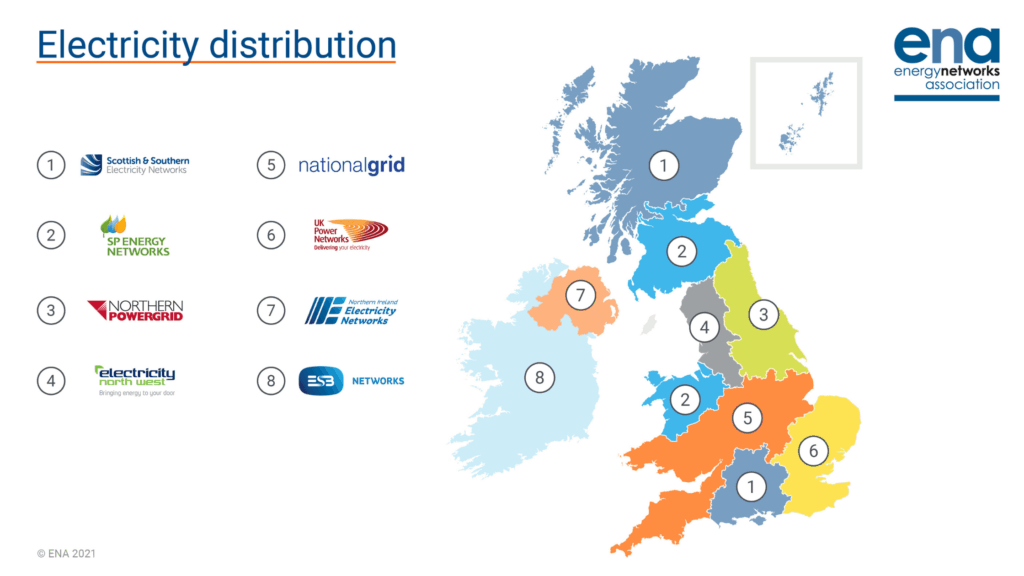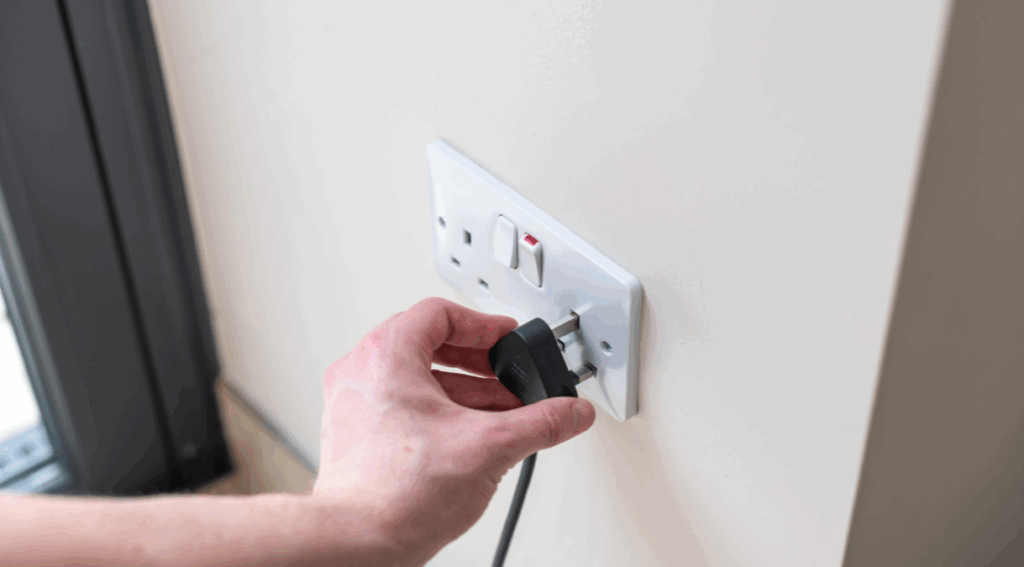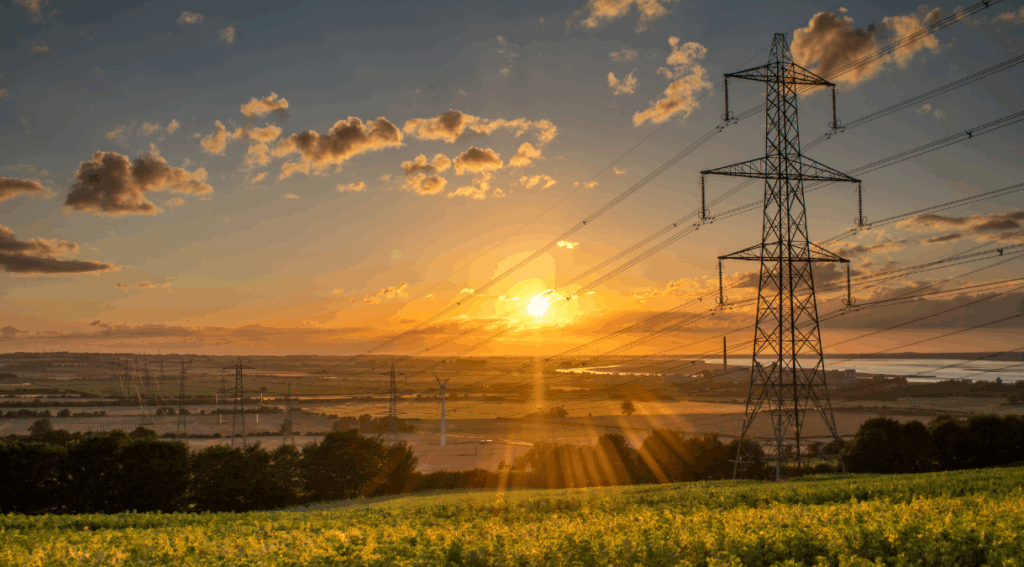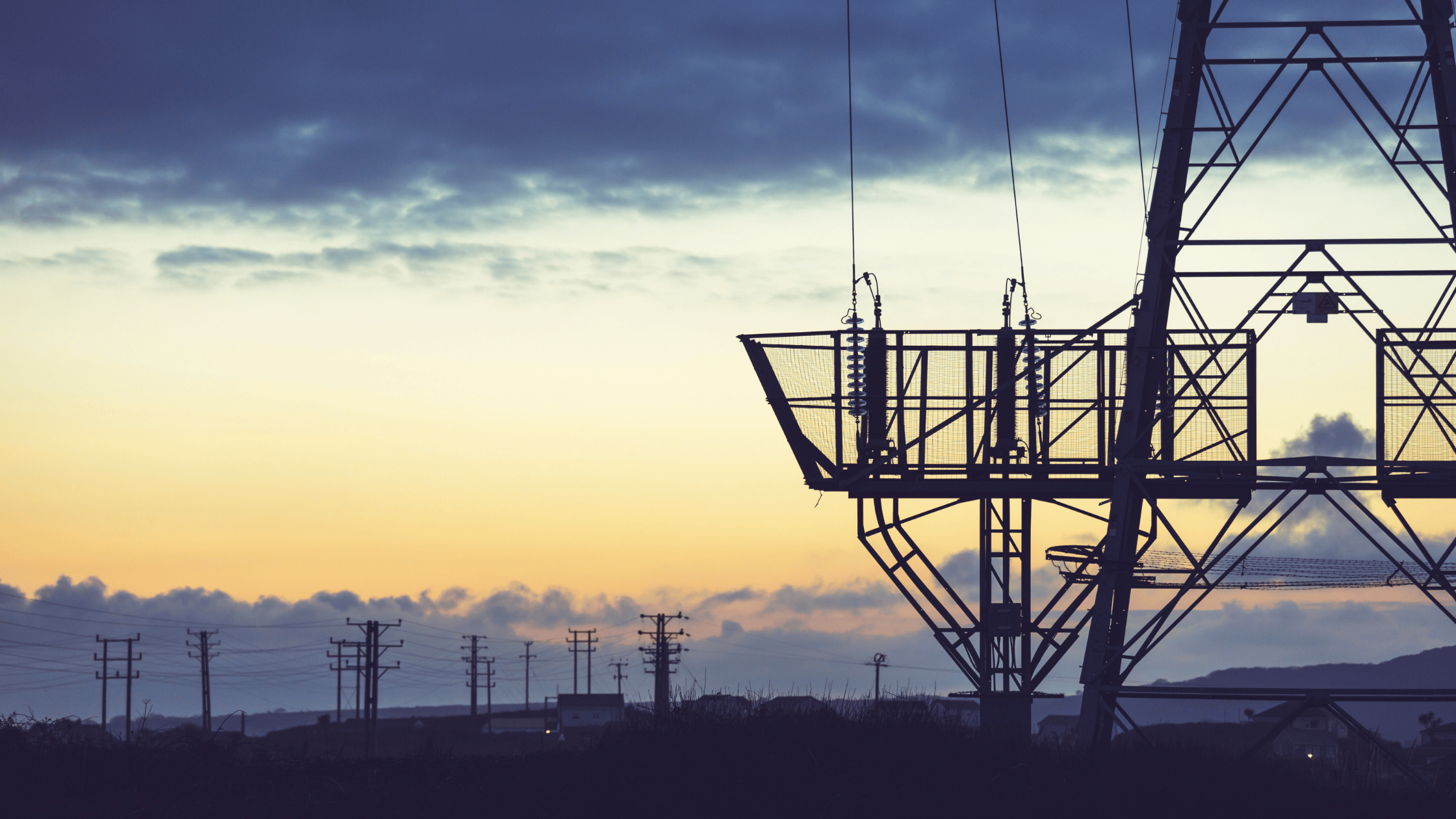When you switch on a light, boil the kettle, or charge your phone, you’re tapping into an invisible but essential system that powers our homes, businesses, and communities. At the core of this system are the UK’s Distribution Network Operators (DNOs) – the companies that keep electricity flowing reliably and safely across the country.
Who are the UK’s DNOs?
The UK electricity network is divided into regional areas, with each one managed by a licensed Distribution Network Operator. These companies are responsible for physically distributing electricity from the National Grid to end users.
The six main DNO groups are:
– Scottish & Southern Electricity Networks (SSEN) – covering northern Scotland and central southern England
– Scottish Power Energy Networks – responsible for central and southern Scotland, plus Merseyside and North Wales
– Northern Powergrid – serving the North East, Yorkshire, and northern Lincolnshire
– Electricity North West – covering the North West of England
– National Grid Electricity Distribution (formerly Western Power Distribution/WPD) – covering the Midlands, South West, and South Wales
– UK Power Networks – covering London, the South East, and East of England
– Northern Ireland Electricity Networks – covering Northern Ireland
Each region has its own DNO, but together they form the backbone of the UK’s power system.

What do DNOs actually do?
While electricity suppliers such as Octopus Energy, British Gas, or EDF sell electricity to consumers, DNOs are the ones who physically deliver it. Their responsibilities include:
– Maintaining and upgrading the electricity network – from overhead power lines and underground cables to substations and transformers
– Delivering electricity safely and reliably – ensuring power gets from the National Grid to homes and businesses
– Responding to faults and emergencies – fixing issues caused by extreme weather, accidents, or unexpected failures
– Supporting new connections – linking up new housing developments, businesses, and renewable energy projects to the network
Without DNOs, electricity couldn’t travel from the National Grid to our sockets.

The challenge ahead: building a future-proof grid
Right now, DNOs across the UK are under increasing pressure to modernise and strengthen the grid. This isn’t just about replacing ageing infrastructure – it’s about preparing for fundamental shifts in how we generate and use electricity.
Key priorities include:
– Renewable and clean energy integration – connecting solar farms, onshore and offshore wind projects, and battery storage facilities
– Electric vehicle (EV) charging – reinforcing local networks to handle the rapid growth in EV adoption and charging demand
– Digital growth – powering new data centres, smart technologies, and a more connected digital economy
– Decentralised energy – supporting community energy projects and small-scale generation closer to the point of use
This transformation requires billions of pounds of investment, long-term planning, and a highly skilled workforce.

Careers with DNOs and contractors
Working for a DNO – or one of their specialist contractors – means being part of a sector that underpins modern life. Career opportunities span a wide range of disciplines, including:
– Engineers and Technicians – maintaining and repairing high-voltage (HV) and low-voltage (LV) networks, substations, and protection systems
– Project Managers – overseeing complex upgrades, expansions, and new connection projects
– Planners and Designers – mapping out future infrastructure to meet local and national demand
– Customer Service Teams – ensuring clear communication with customers during outages, upgrades, and new connections
As the UK transitions towards a low-carbon, digital future, the demand for skilled professionals in the electricity distribution sector has never been greater.

Why DNOs matter to us all
Every flick of a switch, every EV charging session, every data centre powering our digital lives – they all depend on the reliability of the UK’s DNOs. As electricity demand increases and Net Zero targets come into sharper focus, their role is more critical than ever.
DNOs aren’t just about “keeping the lights on” – they are at the forefront of delivering a safe, resilient, and sustainable electricity network that supports both today’s needs and tomorrow’s ambitions.
Whether you’re looking for your next opportunity or searching for skilled professionals to strengthen your team, Fourblue connects people and businesses driving the UK’s energy transition.
Get in touch with the team today to see how we can support your goals.

